Intro
The Rottaler or Rottal is a native breed of lower Bavaria in southeast Germany and is the only indigenous breed of Bavaria. Their name comes from the Rott River which runs through the area.
Read more
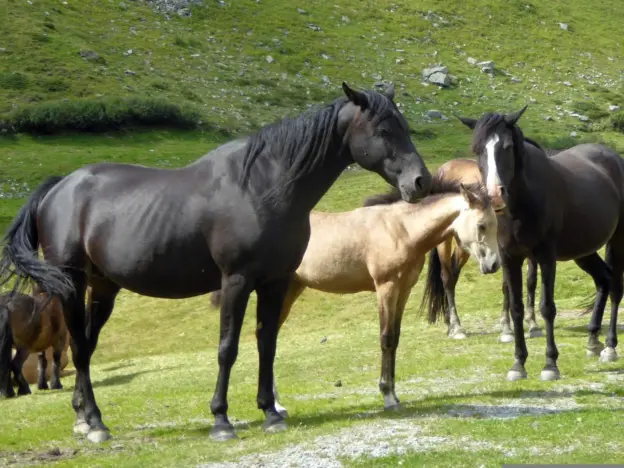
The Rottaler or Rottal is a native breed of lower Bavaria in southeast Germany and is the only indigenous breed of Bavaria. Their name comes from the Rott River which runs through the area.
Read more
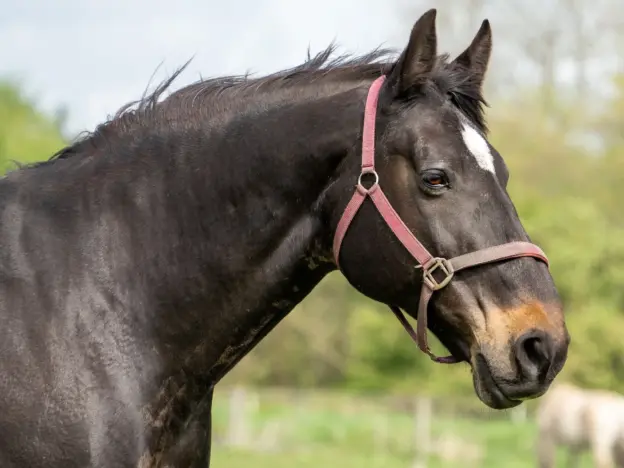
Initially the Oldenbuger was developed as a coach horse that was adaptable enough for agriculture work. Like many of the European competition horses, the bloodlines were developed over time to accommodate the changes in society.
Read more
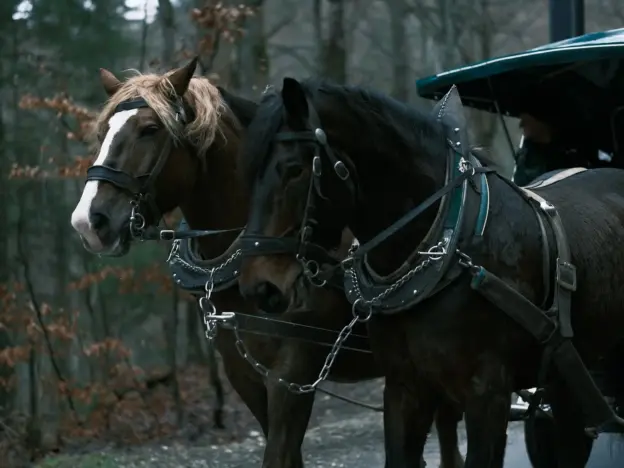
The Oberlander Horse comes from the South German state of Bavaria and are distinct in their large size and often flaxen locks.
Read more
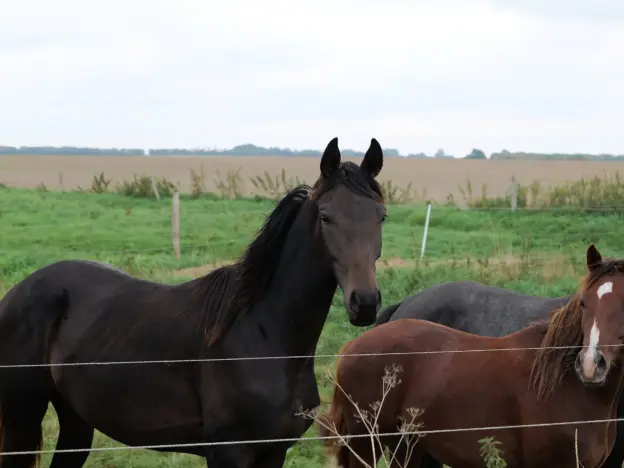
Also called Mecklenburger Warmblut, the Mecklenburg horse comes from the Mecklenburg-Vorpommern region of north east Germany and during the Franco-German War in the late 19th century they were used primarily as war horses.
Read more
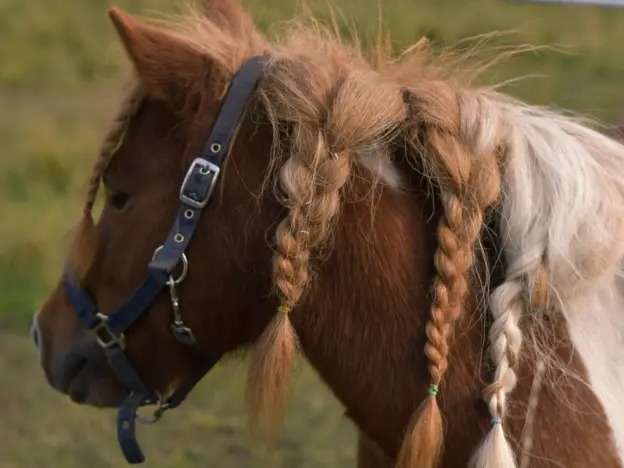
Also called the Lewitz, the Lewitzer Pony is a fairly recent breed that was developed late in the 20th century.
Read more
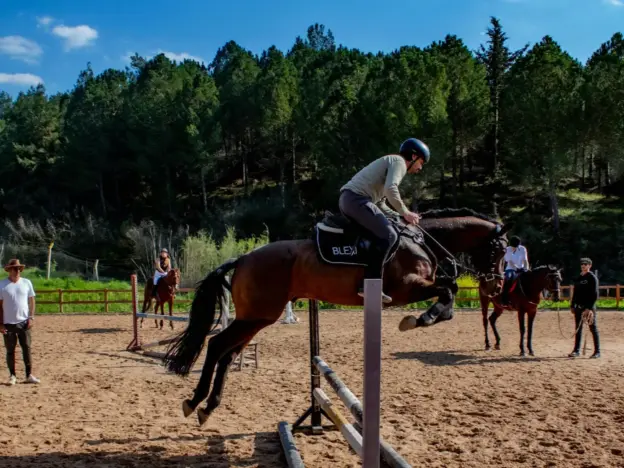
The oldest of the German warmbloods, the Holsteiner is well-loved for its excellence in show jumping and cross country competitions. They are perfectly suited to cover long distances at a high level of activity, with enough strength and sensibility to make them excellent partners.
Read more
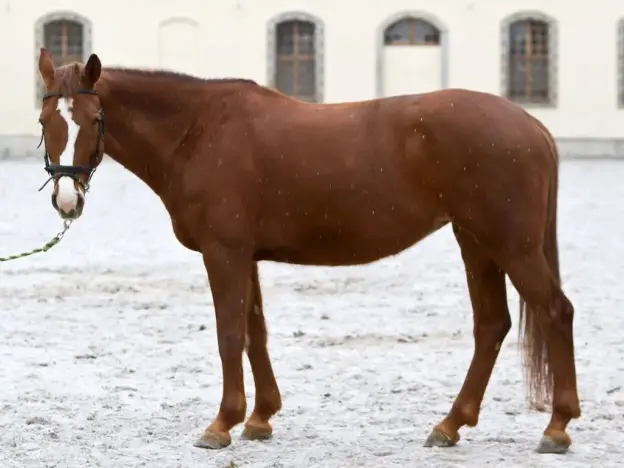
Hesse, Germany has long been known as a hub for horse breeding and high quality animals have come out of most parts of the area. Early in development the studs of royalty were used as foundation animals and local animals were known for their incredible toughness and agility.
Read more
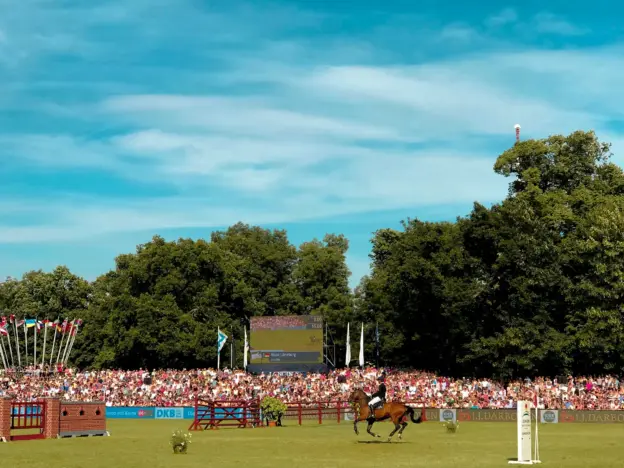
Known worldwide for the symbolic “H” branded into their hindquarters, the Hanoverian is one of the most well-loved and wide-spread of the European warmbloods. These horses have made a name for themselves in the Grand Prix competitions.
Read more
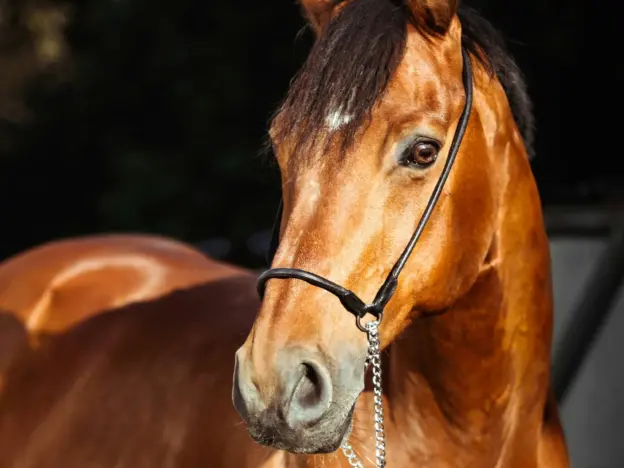
Also called the Deutsches Classic Pony, Deutsches Reitpony and Weser-Ems Pony, the German Riding Pony is a relatively new breed that was developed as a pony with horse like characteristics and retaining a horse type. They are often described as mini warmbloods.
Read more
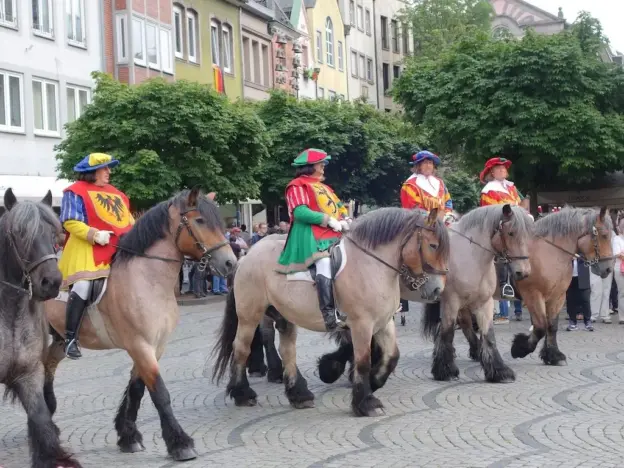
Also called Rhineland Heavy Draft and Rhenish Cold Blood, the German Cold Blood horse is less than a century old and their numbers are rapidly declining.
Read more